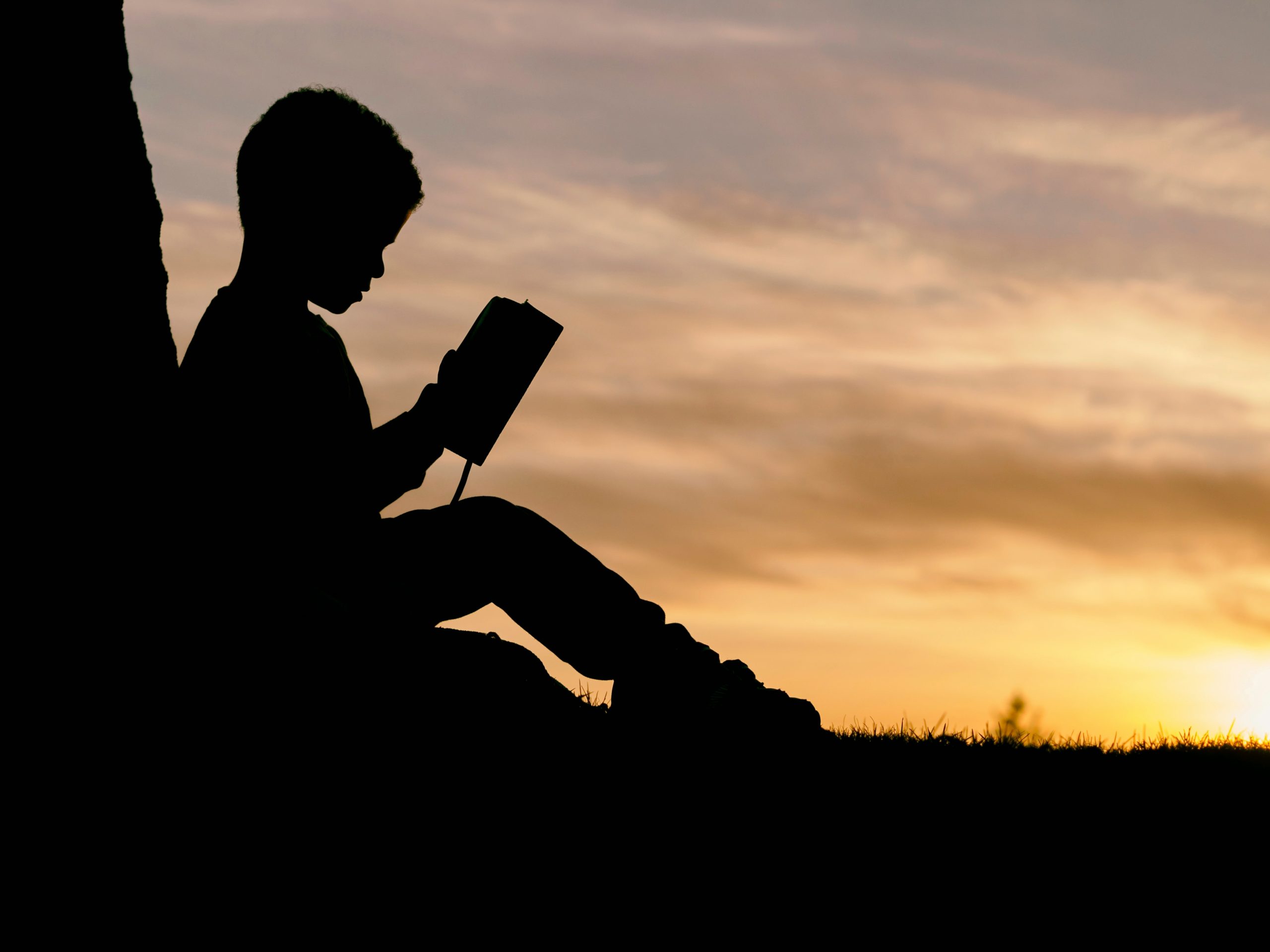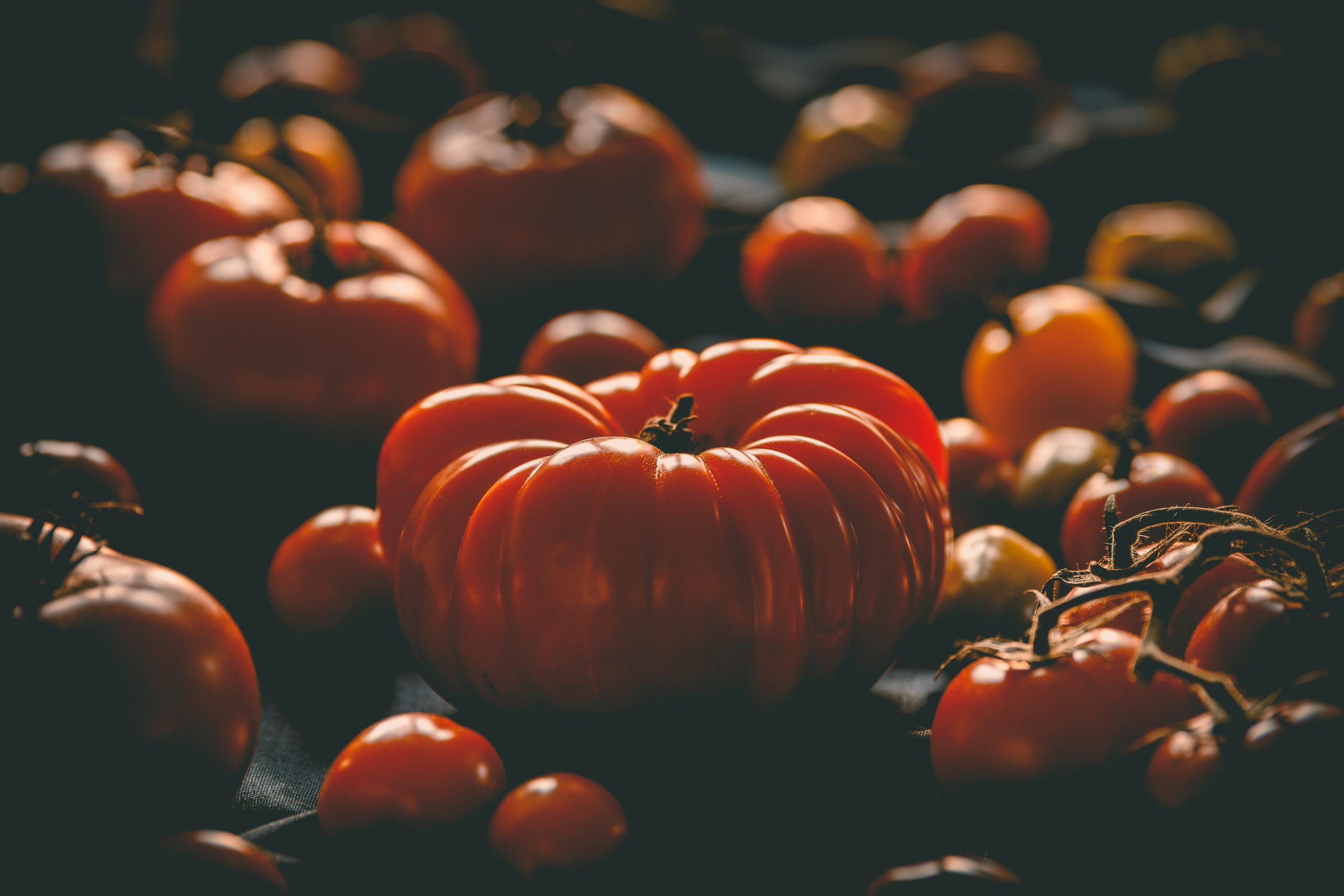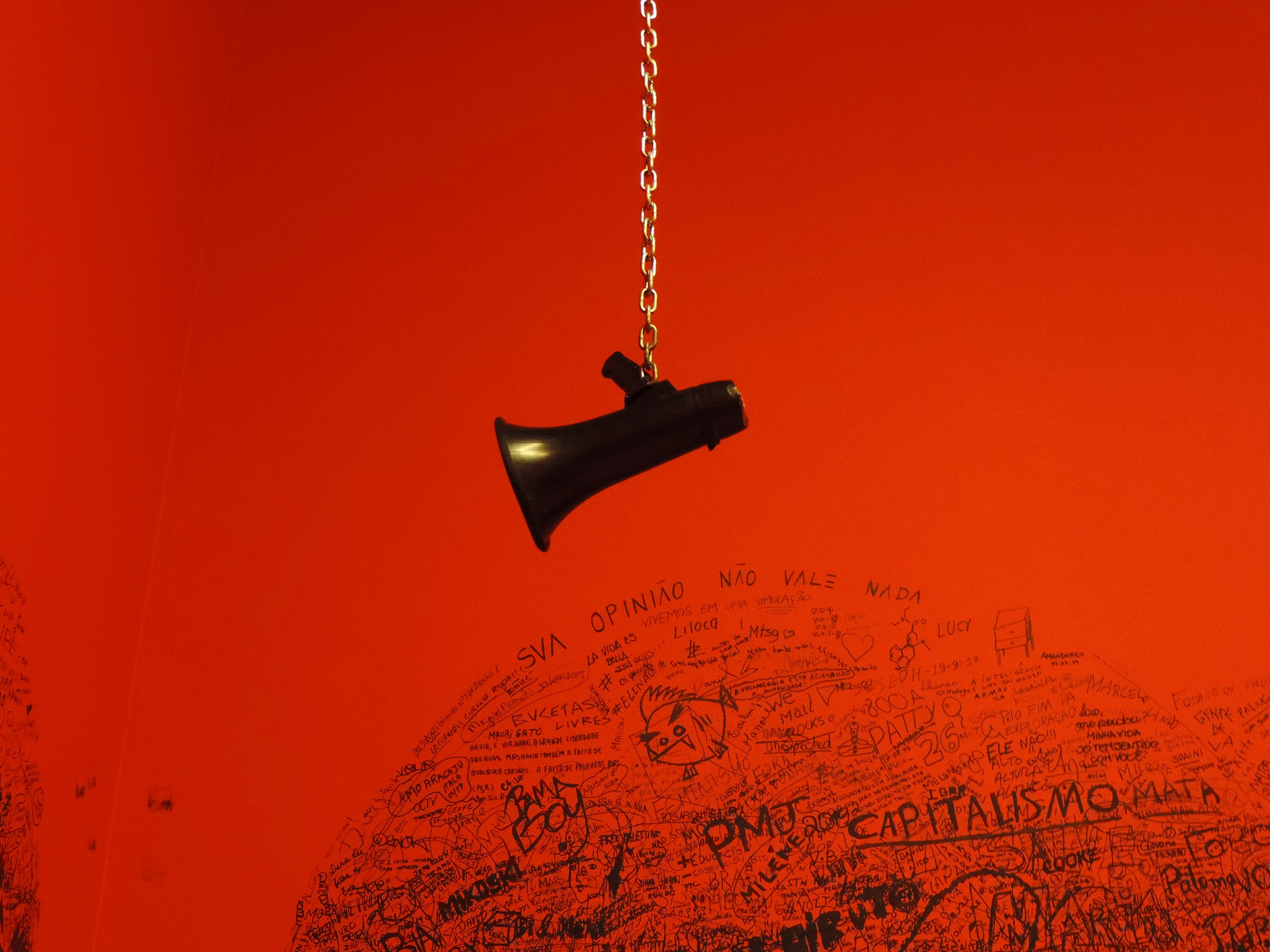
Thinking Like a Writing Student
Every writer has their own creative process. Despite being in the same Humber College program, creative and professional writing, students have all learnt differently. Logan Castellan says the program, “Lit a new fire under me.”
The Bachelor of Creative and Professional Writing (BCPW) program explores different ways of storytelling. In their first year, students have told stories through video and audio, photography, poetry, social media, and even law. They have learnt creative writing in courses like “Storytelling Truths”, and professional writing in courses like “Writing 1 & 2”. This program can open opportunities for jobs such as: brand marketing, communications, content creation, editing, freelance writing, journalism, ghost writing and social media. BCPW students are learning the art of storytelling.
Dillon Vincent says, “Everywhere you go is a little inspiration to write about something.” Writers draw inspiration from the real world; simple observations from a writer can evolve into a deep narrative. Dillon continues, “I try to analyze what’s around me to gain inspiration. I try to put my inspiration into view, and I write in a way that makes sense in my head. If I was there—watching a scene happen—I write as if I’m the viewer.” Abigail Vincze also gains inspiration from the outside world. Abigail says, “[Writing] tends to get me to think too much into things. It brings out that, ‘everyone is their own person, and has their own story’, and I tend to over-analyze and think about their story.” From an angle of introspection, Logan says, “I get my inspiration from a lot of memories, a lot of personal experience, nature… and other authors and writers.”
Since writing is subjective, it’s hard to measure one’s own success. Beyond their class grades, writers find their own way to gauge their development. Dillon says, “I measure my success by keeping a record of what I wrote in the past, versus in the present, and I compare the differences to see what I like more.” Logan says, “I measure my success as a writer if other people are actively enjoying my work. I feel like that’s what I want to do… to bring other people into a certain experience or world.” Abigail says something similar, “I feel the most accomplishment when my story brings emotion to other people— positively, negatively, anything. As long as you have someone who was able to react to it in a way, that’s a story.”
Students have all learnt something different from this course. Through lectures, assignments, midterms and exams, they have survived the first year of four years in the BCPW program. Logan says, “It’s put me in a position I’ve never been in before, where I get to actively explore my writing amongst a group of other writers… It’s put me in a position where there’s tons of other people here who want to do the same thing as me— who enjoy doing the same thing as me. I can do this thing too.” Dillon was in the poetry course, and he says the program, “Has given me the opportunity to explore my poetry more and come to terms with a few things by using it as a source of venting.” Abigail also took poetry, and this was her first time writing poems. She says, “[BCPW] made me feel more like a writer than I used to think. You’re introduced to all these people who come in with so many different experiences… some you relate to, some you’re inspired by. It opens up to more opportunities and thoughts you’ve never thought of before.”
Writers in BCPW have been able to think differently about their writing since entering this course. They’ve learnt effective writing processes, how they develop their writing, and what it means to be a writer among other writers. The BCPW program has a new batch of courses next year that will continue to challenge and teach its students the world of storytelling.





Leave a Reply